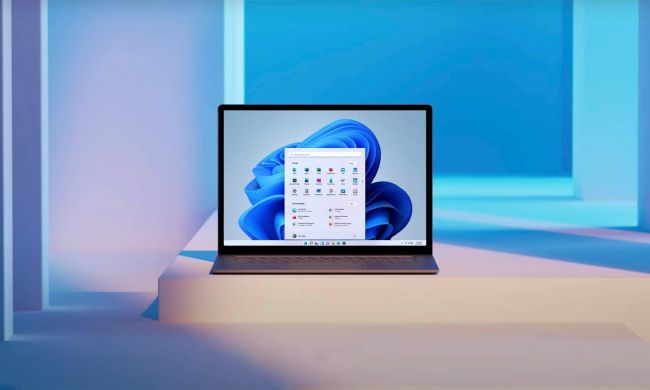According to a recent filing, crowdfunding platform Kickstarter has reduced its staff by nearly 40%, following a sharp decline in the number of projects launched on the site in the wake of the pandemic-fueled economic downturn. The company has laid off 25 employees, while an additional 30 have exited after accepting voluntary buyouts.
The company had previously filed a notice with the state of New York about the layoffs, but confirmed the buyouts later to The Verge, saying affected employees were staying through this week to make for a smoother transition.
Kickstarter employees had unionized in February and the buyouts were negotiated between management and the union earlier this month.
On April 20th, Kickstarter management announced that they were planning to lay off ~40% of our workforce. After two weeks of bargaining, we negotiated a severance package that we are incredibly proud of.
Our statement: pic.twitter.com/0D786cMjgh
— Kickstarter United (@ksr_united) May 2, 2020
The severance package offered to employees includes four months of pay, four to six months of health insurance depending on the salary of the employee, releasing people from non-compete contracts, and a chance to come back to Kickstarter should a job open within a year of their departure.
There were 140 employees at the company,85 of which were members of the newly formed Kickstarter workers union. The company did not immediately respond to questions regarding which departments are affected or if this could impact any of the platform’s ongoing campaigns for funding products.
In an internal memo, CEO Aziz Hasan told employees that though active projects were continuing to be backed by funders, the number of projects was 35% lower than it was in 2019, resulting in revenue loss. It’s unclear if there will be further layoffs in the wake of the ongoing coronavirus pandemic and resulting economic downturn.



